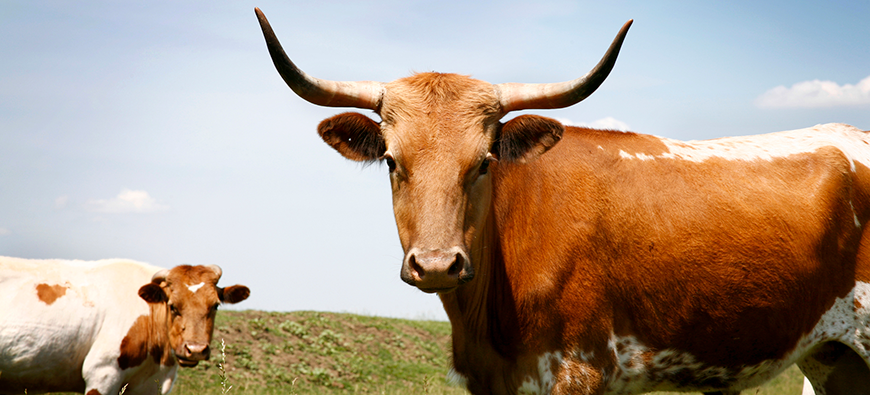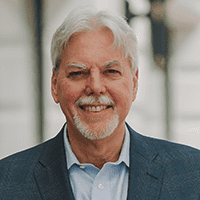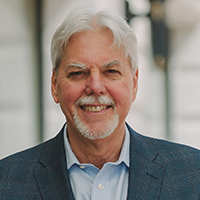
Texas Strong: Banks Contend With Dual Threats
“Texas has four seasons: drought, flood, blizzard and twister.” – Anonymous
To that list of afflictions you can add two more – the Covid-19 pandemic and a catastrophic collapse in global oil prices, creating double trouble for the Lone Star State.
There were over 50,500 coronavirus cases in Texas through May 20, an average of 174 per 100,000 people, according to the Center for Systems Science and Engineering at Johns Hopkins University. There were nearly 1,400 coronavirus-related deaths in the state.
In mid-March, Texas Gov. Greg Abbott imposed restrictions that limited social gatherings to 10 people or less, and effectively closed close-proximity businesses like restaurants and bars, health clubs and tattoo parlors. Even as Abbott reopens the state’s economy, many of its small businesses have already been hurt, along with many lodging and entertainment concerns.
“Shutting down the economy was probably a good health decision,” says F. Scott Dueser, chairman and CEO at $9.7 billion First Financial Bankshares in Abilene, Texas. “It wasn’t a good economic decision.”
And then there’s oil situation. An oil price war between two major producers – Russia and Saudi Arabia – helped drive down the price of West Texas Intermediate crude from over $60 per barrel in January to less than $12 in late April, before rebounding to approximately $32 currently.
Texas still runs on oil; while it is less dependent on the energy sector than in past cycles, its importance “permeates” the state’s economy, according to Dueser. “It is a major industry and is of great concern for all of us,” he says.
The 65-year-old Dueser has been First Financial’s CEO since 2008, and guided the bank successfully through the Great Recession. “I thought I’d be retired by the next recession but unfortunately, we weren’t planning on a pandemic and it has come faster than I thought,” Dueser says.
This downturn could be as bad or worse as the last one. But so far, damage to First Financial’s profitability from the combined effects of the pandemic and cheap oil has been minor. The bank’s first quarter earnings were off just 2.6% year over year, to $37 million. Like most banks, First Financial has negotiated loan modifications with many of its commercial borrowers that defer repayment of principal and/or interest for 90 days.
Dueser won’t know until the expiration of those agreements how many borrowers can begin making payments, and for how much – clouding the bank’s risk exposure for now. But with a Tier 1 capital ratio over 19%, Dueser has the comfort of a fortress balance sheet.
“We unfortunately have been down this road before … and capital is king because it’s what gets you through these times,” he says.
Dueser made a decision early in the pandemic that as much as possible, the bank would remain open for business. It encouraged customers to use branch drive-thru lanes, but lobbies have remained open as well.
“So far we have been very successful here at the bank in staying open, not locking our doors, not limiting hours, keeping our people safe and at the same time serving more customers than we ever have in the history of the bank,” Dueser says.
The bank has followed Covid-19 safety requirements from the Center for Disease Control. “The most important things are don’t let your people come to work sick and social distancing,” Dueser says. “We split every department, such as technology, phone center, treasury management and so on with having half the department work from home or from another one of our locations. That way we had only half the people here, which allowed us to put people in every other desk or cubicle.”
To date, the bank has had only four Covid-19 cases among its employees. “Thankfully, all four of those individuals are healthy and back at work,” Dueser says. “With each situation we learn more on how to protect our employees and customers.”
Dueser is one of 39 people on a task force appointed by Abbott to advise him on reopening the state’s economy. “I am very supportive of what he is doing, in the fact that we are getting the state back open,” he says. “The virus is not winning the war, which is good. We have a lot to learn so that we can live with the virus without having to go home and hide in a closet.”
One of Dueser’s biggest priorities through the economic hardship was to make sure retail and commercial customers knew that it would stand by them, come what may. That led to a recent marketing campaign designed around the phrase “Texas Strong,” a slogan used throughout the state that traces back to Hurricane Harvey, which devastated Houston in 2017.
“We want our customers to know that we’re safe, sound and strong,” says Will Christoferson, the bank’s senior vice president for advertising and marketing. “What’s stronger than Texas? We couldn’t think of anything.”



